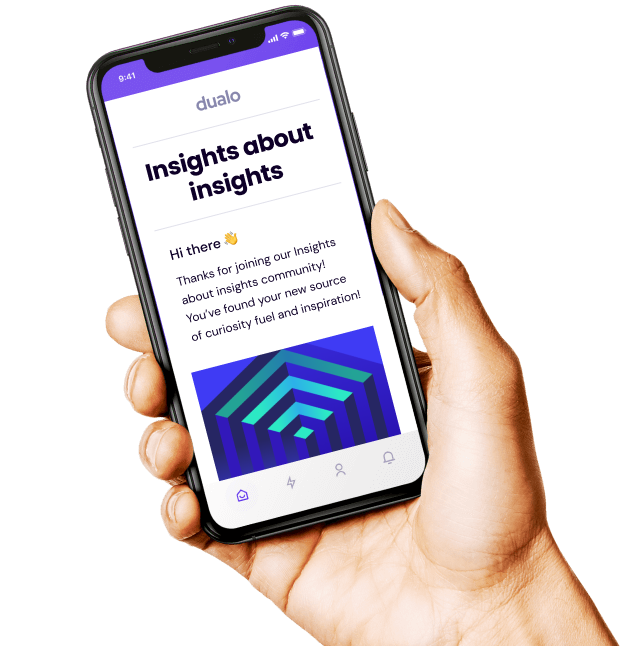The benefits of building a dedicated insights hub
In the inaugural post of our ‘Maximising existing research: 0 to 1’ blog series we unpack some of the key benefits of building an ‘insights hub’ to manage your existing research. Whether you’re new to the idea of an insights hub, or if this is something you’re already seriously considering, we hope this post provides you with what you need to get the conversation started with your teammates and stakeholders.




.svg)

.jpeg)

.jpeg)
.jpeg)

